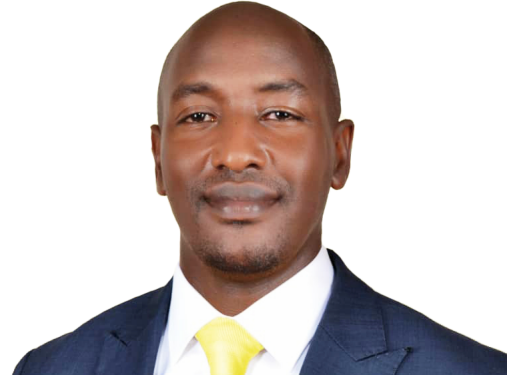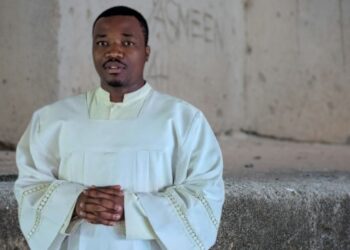When the news trickled in last Thursday of President Yoweri Museveni assenting to the Computer Misuse (Amendment) Bill 2022, it was a sigh of relief and joy to millions of Ugandans who had long felt a gap in curbing sheer sectarianism and tribalism on Uganda’s social media platforms. The outpour of joy from those groups was particularly in regard to section 23A clause 1 and 2 that regulates hate speech against degrading a person, tribe or ethnicity. While some media wanted to live to their professional obligation of balancing their stories, and looking at ‘the other side of the coin’, deep inside their hearts it was clear the positive impact of the bill outweighed criticism from human rights defenders who argue that it was drafted in bad faith.
The defenders expressed worry that the new law will be a big blow to free speech, a right ingrained in the country’s 1995 Constitution. But they underlook the fact that the same Constitution under Article 43 provides for the limitation on the enjoyment of the fundamental rights and freedoms of others or the public interest. The defenders should also understand that article 27(2) of the African Charter on Human and Peoples Rights (1981) places a duty on individuals to exercise rights with due regard to the rights of others, collective security, morality and common interest. This is to the effect that whereas individuals have freedoms, they cannot purport to enjoy them at the detriment of the freedoms of other people. For example, much as one member of society has a right to practice free speech, which unfortunately has been lowered to degrading tribes, the law also gives members of that demeaned tribe a right not to be demeaned! The new law now levels the ground for both parties, because like the old adage goes, what is good for the goose should be good for the gander.
The bill, like it rightly spells out in its written form, comes at a time some members of the public in Uganda had made it their usual business to ridicule, degrade persons, some tribes and ethnicity, while calling for hostilities against them. Some culprits have been arrested and arraigned before courts of law, while others are still at large. The President’s action, as a champion of pan Africanism on the continent, is timely and commendable! Before this law, frequent videos of people engaged in hate speech amounted to attacks on tolerance, inclusion, diversity and the very essence of our human rights norms and principles. More broadly, given that Uganda is home to so many tribal communities that have intermarried, such videos and statements undermine social cohesion, erodes shared values, and can lay the foundation for violence, setting back the cause of peace, stability, sustainable development. Again, the bill comes at a time when history has proved beyond reasonable doubt that what many regard as free speech, gradually grows and ends up in the commitment of Genocide, an internationally recognized crime against humanity. History continues to show, that unfettered hate speech coupled with disinformation can lead to stigmatisation, discrimination, and ultimately large scale violence.
Hate speeches by a section of Ugandans on social media platforms are not any different from the Nazi regime in Germany that adopted laws and regulations to crush the country’s independent media, replacing it with state-controlled radio and print media that disseminated hate speech, antisemitic, racist stereotypes and disinformation. The only difference is that while the hate speeches were sponsored by the state in Germany, some Ugandans simply abuse the freedom of speech ushered in by the NRM government to pass toxic messages against targeted tribes. The media campaigns in Germany contributed significantly to the environment in which atrocity crimes were normalized, and facilitated the Holocaust during which the Nazis and their racist collaborators murdered six million Jewish children, women and men.
The computer misuse law should remind Ugandans of the influential role the unregulated media played in creating a fertile ground for 1994 Genocide in Rwanda. Beyond stoking hatred of the Tutsi and glorifying their persecution, the media was charged with circulating commandments that particularly targeted the Tutsi ethnicity. By assenting to the bill, the mission of the NRM is unstoppable. And this is to transform Uganda from a poor peasant society into a modern, industrial, united and prosperous society. The party is a national, broad based, inclusive, democratic, non-sectarian, multi-ideological, multi-interest and progressive mass organization. The President was spot on in assenting to the bill which now criminalizes sectarianism, a terrible vice that undermines human resource and labour, the only path through which development happens.
Do you have a story in your community or an opinion to share with us: Email us at editorial@watchdoguganda.com












